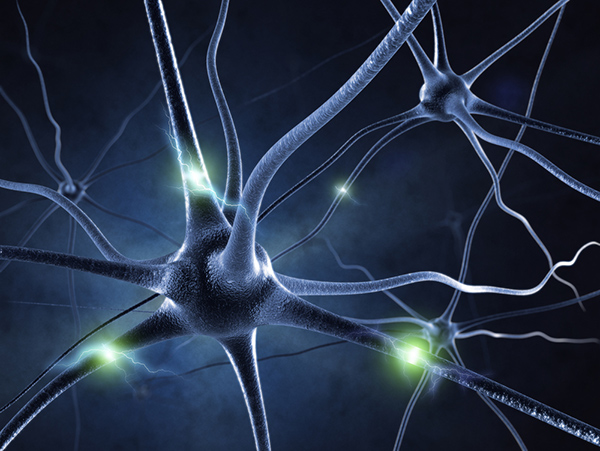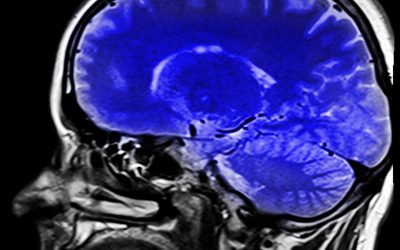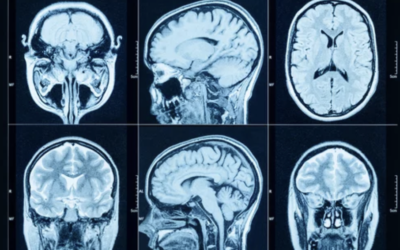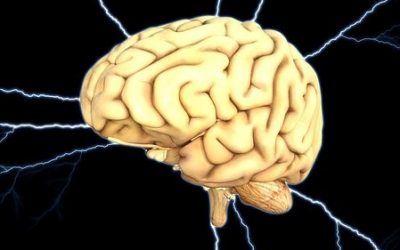News and Articles
PTSD, TBI, Chronic Pain and related subjectsUnveiling the Risks: Interrogations and Intellectual Disabilities
There are thousands of brain injured, many of them veterans punished for no crime that they have committed based on false confessions. Interrogations can be high-pressure situations for anyone, but for individuals with intellectual disabilities, the stakes are even...
Breaking the Myths Around Depression
A groundbreaking systematic review recently published in Molecular Psychiatry called The serotonin theory of depression: A systematic umbrella review of the evidence challenges the long-held serotonin theory of depression. The comprehensive analysis examined multiple...
Exploring New Frontiers in Mental Health Treatment: The Role of Psychedelics and Hallucinogens
In recent years, the field of mental health has seen a surge of innovative research and groundbreaking treatments aimed at addressing the complexities of conditions like depression. Among the most promising and intriguing developments is the exploration of...
The Hidden Roller Coaster of POTS and TBI
The Hidden Roller Coaster of POTS and TBI by Mohan Nair, M.D.
The Stark Reality of Firearm-Related Brain Injuries in the U.S.
The Stark Reality of Firearm-Related Brain Injuries in the U.S. by Mohan Nair, M.D.
Understanding the Impact of TBI and Concussions on Adolescent Cognition
Traumatic brain injuries (TBI) and concussions are increasingly recognized for their long-term impact on cognitive functions, particularly in adolescents. These injuries can lead to significant changes in behavior, learning, and overall brain function, often mimicking symptoms commonly associated with Attention Deficit Disorder (ADD) and Attention Deficit Hyperactivity Disorder (ADHD).
The Connection between Football and CTE: The Story of Aaron Hernandez
When former New England Patriots tight end Aaron Hernandez died, his family donated his brain to research. They wanted to know if Aaron’s brain showed any signs of chronic traumatic encephalopathy, or CTE, a neurodegenerative disease associated with multiple head injuries.
Traumatic Brain Injury During Childhood Could Lead to Later Alcohol Abuse
It may not be surprising to find out that alcohol use can increase your likelihood of receiving a traumatic brain injury. In fact, as many as half of all traumatic brain injury emergency room visits had alcohol use involved in some way. What is surprising, however, is...
Not Only Psychological, PTSD May Have Physical Roots
Research presented at the American Academy of Neurology demonstrated that the brain's emotional control center is larger in people who develop PTSD after receiving a traumatic brain injury (TBI) than those with TBI who do not develop PTSD. The researchers...
Concussion Risk May Be Greater in Women Than Men, Among College Athletes
A study form the American Academy of Neurology has found that, surprisingly, among athletes at Columbia University, women may be more likely to receive a concussion than men. According to their study, 17 percent of men had at least one concussion during...
Concussions Can Leave Brain Vulnerable to PTSD
Evidence is starting to mount that traumatic brain injury can make people more likely to develop PTSD. A paper in JAMA demonstrates that active-duty soldiers in Iraq and Afghanistan who experienced a concussion or other mild forms of traumatic brain injury...
Research Finally Begins In Brain Injuries to Females
A recent NPR article highlights the need for scientists to more closely examine brain injuries and concussions in females. The article points out, that until recently, the majority of studies of traumatic brain injuries have been conducted on males, even...
Traumatic Brain Injury Can Affect Sleep for Years
A concussion or other serious traumatic brain injury can negatively impact a person’s sleep for a year and half or longer. According to a study in Neurology, those with brain injuries may not even be aware that they are experiencing sleep problems. The...
PTSD an Underreported Problem for First Responders
Public awareness of the prevalence veterans suffering from PTSD is at an all-time high. There is far less awareness, however, of the frequency of PTSD in America’s first responders.
The Military Provides Inadequate PTSD Care
The Military Health System commissioned a study to examine the effects of PTSD and depression in the armed services, the two most common mental-health issues in the military. The study found that the military's health program provides insufficient...

Among the most disabling of medical conditions, affecting about 1.5 million individuals every year.

A psychiatric disorder that develops in a significant minority of subjects exposed to serious and life threatening events.

Chronic pain is a multidimensional experience with biological, psychological and social components.











